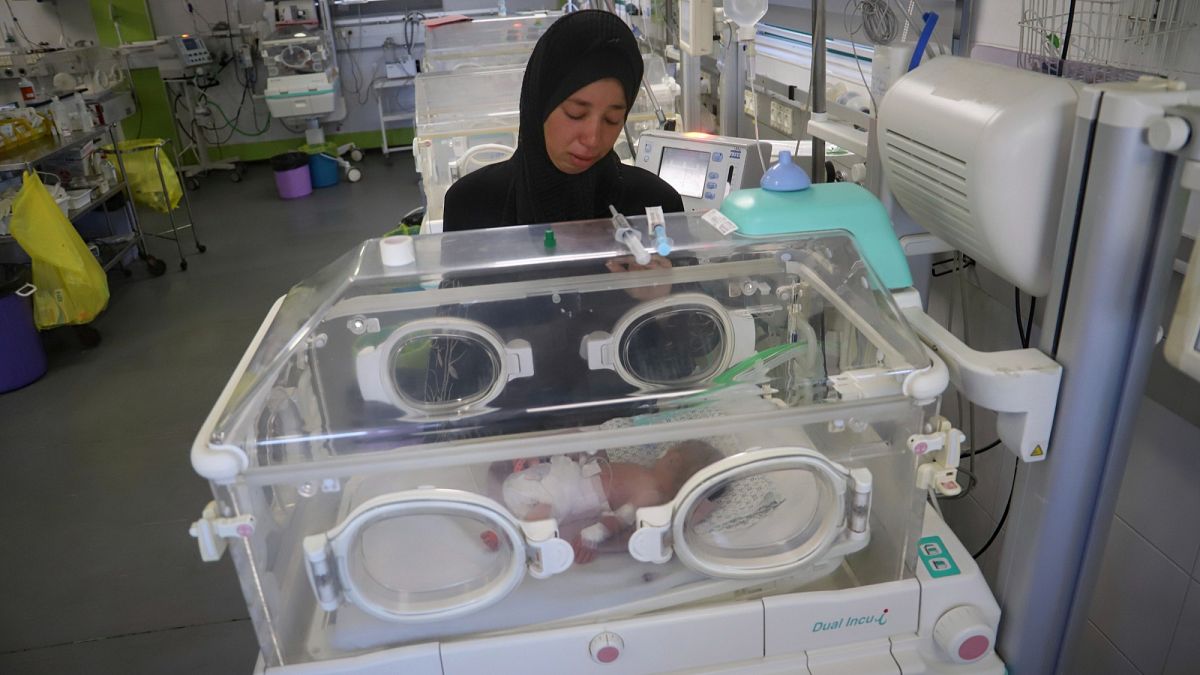

In the midst of pressing global health discussions, two significant challenges have emerged on the international stage: a crucial shortage of baby formula in Gaza and a temporary halt of funding by the United States to a key vaccine provider for low-income countries. These developments underscore ongoing humanitarian concerns and prompt considerations of broader cooperative efforts to mitigate these impacts.
Amid the ongoing conflict in Gaza, a humanitarian crisis is intensifying, notably highlighted by a scarcity of baby formula crucial for infant nutrition. Families and healthcare providers in this region express growing concern over the risks associated with these shortages. The blockade impacting the flow of goods into Gaza has pressured an already vulnerable healthcare system, placing the youngest lives at risk. While there are assertions from various parties about the blocking of essential supplies, attention remains focused on ensuring that aid reaches those in need. The call for accessibility of such fundamental resources resonates with international audiences, emphasizing the need for humanitarian corridors and solutions that prompt immediate relief.
Simultaneously, on a global scale, the decision by the United States to cease its funding to GAVI, an organization pivotal in supplying vaccines to low-income countries, raises critical questions about the future of vaccine distribution. GAVI had set an ambitious goal to secure substantial financial backing, which has now been challenged by the withdrawal of support from a major donor nation. With the shortfall in anticipated funding, GAVI faces a strategic hurdle in maintaining its trajectory of providing vaccinations to underserved communities worldwide. This predicament underscores the need for continued international collaboration and innovative financing strategies to bridge the funding gap and avoid disruptions in vital health services for many vulnerable populations.
While faced with these challenges, it is essential to appreciate the resilience and hope inherent in international communities. There is a growing understanding of the interconnectedness of global health strategies and the necessity of shared efforts to promote them effectively. Original steps towards fostering partnerships, enhancing dialogue, and focusing on policy responses are keenly observed as these scenarios unfold. This stance of collective responsibility not only serves as a call to action but also as a beacon of what can be achieved through unity and focused determination.
Overall, the global community finds itself at a crucial juncture, confronted by health and humanitarian challenges that call for immediate attention and sustained effort. The discourse around these developments invites reflection on long-term strategies to support underserved populations and highlights the potential of compassion-driven initiatives to inspire and mobilize resources towards addressing the fundamental needs of communities around the world.
Source: {link}
